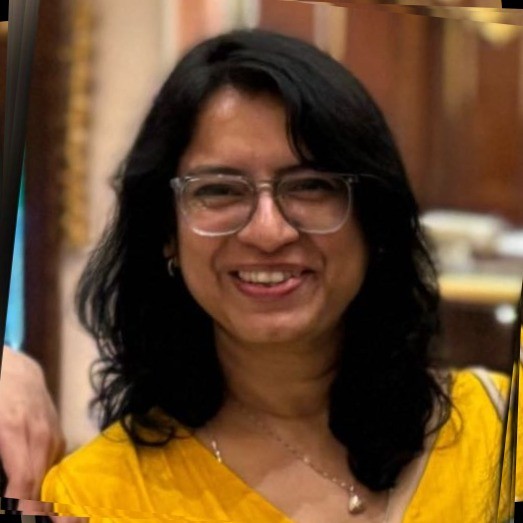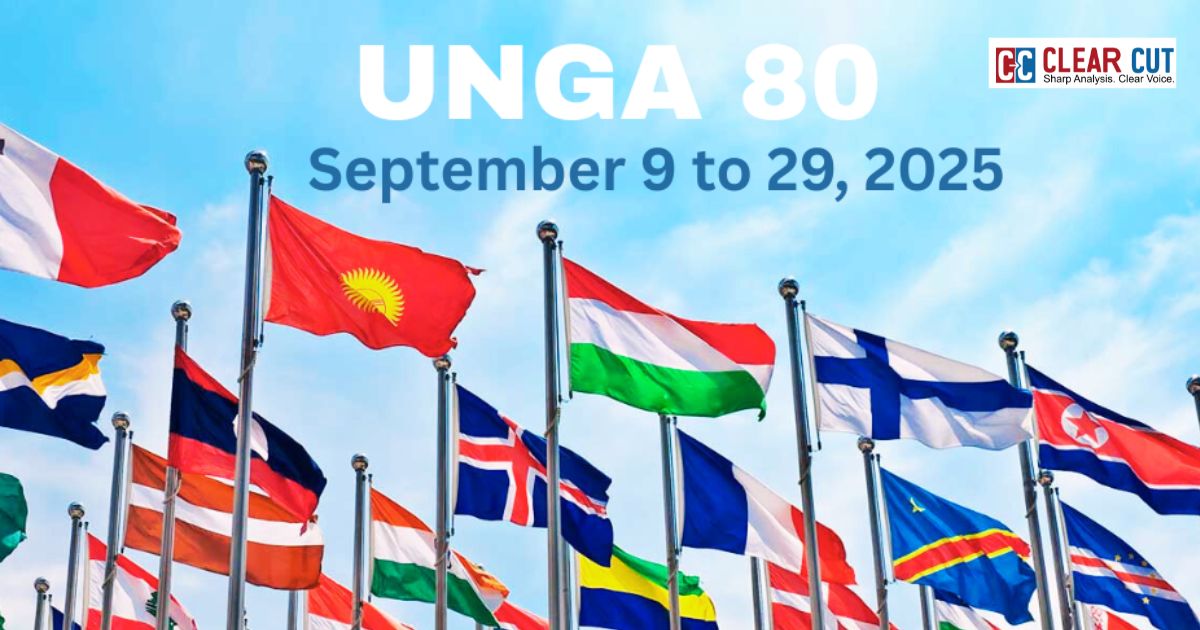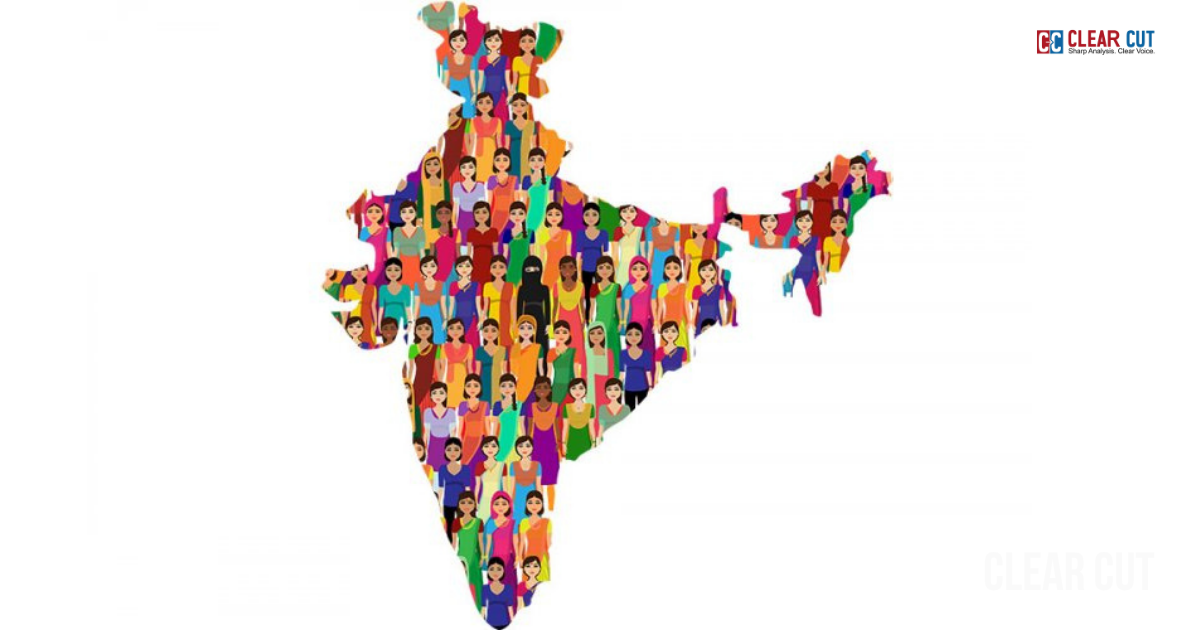Photo Credit: ClearCut Team
Clear Cut Gender Desk
New Delhi, UPDATED: Sep 21, 2025 10:20 IST
Written By: Dr Sonali Mohapatra, PhD
She was seventeen, living in a small Indian town, when she first heard the word choice. Not from a teacher or a textbook, but whispered by a friend after school. The friend had to drop out quietly. She was pregnant, unprepared, and with no access to contraception. Years later, she would learn that across continents, in cities she had never seen, other girls her age were facing the same silence, the same lack of options, the same life-altering consequences of decisions made largely by men in power.
This September, that silence will be drowned by collective voices, the kind of voices, only the United Nations General Assembly (UNGA) can produce: speeches, statements, pledges. At the same time, two global advocacy days will be observed: World Contraception Day (September 26) and International Safe Abortion Day (September 28). Together, these dates create a rare moment of reckoning. They demand that women’s bodies are not footnotes in global debates but central to human rights, justice, and development.
The United Nations- a Global Platform, and the Everyday Realities
The 80th UNGA is the world’s most visible diplomatic platform. Leaders deliberate on serious issues, including conflicts, climate change, and cooperation. But for millions of women, the gap between those grand promises and daily realities is staggering.
- 218 million women worldwide want to avoid pregnancy but lack access to modern contraception.
- 45% of abortions globally are unsafe, causing preventable deaths and injuries.
- Even in countries with advanced health systems, political backlash is eroding hard-won reproductive rights.
As leaders are expected to speak of peace, prosperity, or sustainability, the glaring question is how those ideals hold if half the world is denied the basic right to decide their futures.
Why These Dates Matter
World Contraception Day is about more than pills or devices; it is about whether a young woman can finish her education, build a career, and choose if and when to have children. It is about breaking cycles of poverty and dependence.
International Safe Abortion Day, observed two days later, focuses on survival. Unsafe abortions cause 5–13% of maternal deaths worldwide. Behind this statistic are families grieving in silence, afraid of stigma when daughters die from unsafe procedures.
“The state must establish and enforce accountability from the healthcare practitioners by putting in place clear standards for regulating conscientious objection and ensuring accessible, safe abortion services for women,” notes Prof. (Dr.) Vibhuti Patel, veteran women’s rights activist. “Conscientious objection should not be permitted in emergencies.”
These advocacy days, connecting the UN’s grandest forum, are both symbolic and strategic. They remind us that reproductive rights are not just ‘issues on the sidelines’ but the foundation of equality and development.
This alignment of advocacy days and the UNGA offers visibility. Activists, NGOs, and youth movements will seize the spotlight to amplify demands: contraception must be accessible, abortion must be safe and legal, and women’s choices must be respected.
But visibility alone does not guarantee change. Declarations in New York rarely translate directly into clinics in Nairobi, Lima, or India. Policies stall in political deadlock, blocked by ideology rather than evidence. The convergence is an opportunity—one that requires sustained pressure long after the speeches end.
The Real Stories Behind these Numbers
The significance of this debate rests less on statistics and more on lived and reported experiences.
- Sierra Leone: At 16, Fatou Esther Jusu tried to end her pregnancy with misoprostol bought at a pharmacy. She miscarried, collapsed, and begged doctors not to inform her parents. A friend of hers died after taking expired drugs. Now 21, she campaigns for abortion reform. Unsafe abortions cause 10% of maternal deaths in Sierra Leone (AP News).
- Nigeria: Eseosa, pregnant after sexual assault, underwent an unsafe abortion in a private clinic with no anesthesia, no antibiotics. She was sick for weeks. Today, she works in networks supporting women who are denied safe access (The Guardian).
- El Salvador: Evelyn Hernández, raped at 18, delivered a stillborn baby in her high school bathroom. Instead of compassion, she was sentenced to 30 years in prison for “homicide” under the country’s absolute abortion ban (Allure).
- Kenya: Girls who survive unsafe abortions often live with lifelong complications and trauma. Stigma prevents many from seeking care (The Guardian).
- India: In Bhopal, a 15-year-old rape survivor was forced to swallow abortion pills, worsening her health. Across small towns and villages, women still struggle to access even legal abortions, relying on unsafe kits or unregulated chemists (Pulitzer Center).
These stories cut across borders. They show that reproductive rights are not about “elsewhere.” They are everywhere.
Beyond the Rhetoric: What Must Change
For global commitments to have meaning, three urgent shifts are needed:
- Investments, not just pledges: Governments and donors must invest in reproductive health infrastructure from rural clinics to urban hospitals.
- Legal protection: Access to contraception and abortion should never depend on shifting politics or cultural temperaments; these rights must be guaranteed in law.
- Dismantling stigma: Clinics and laws mean little if women face shame or violence when seeking care. Public campaigns and education are as vital as medicine.
As Dr. Lakshmi Lingam, Professor of Public Health, India, puts it: “Comprehensive education on sexual and reproductive health must be combined with access to contraception and safe abortion without restrictions or stigma. Narrow political ideologies cannot short-change women’s rights.”
The Call of September
This September brings a rare alignment: the UN’s global stage and grassroots urgency. Leaders will speak about women’s rights—the question is whether they will act, fund, and protect. For generations, women’s bodies have been treated as tools of political compromise. Yet contraception and safe abortion are not negotiable ideals; they are matters of dignity, survival, and freedom. As Dr. Lata Pujari, Coordinator of the Sophia Centre for Women’s Studies & Development, reminds us: “Teaching human rights is not just an introduction to law; it is a catalyst for empowerment that radiates outward, fostering dignity and transforming society.” No vision of peace, progress, or prosperity can stand on foundations that deny women control over their own bodies. The question now is not whether leaders will speak, but whether they will act.

Dr. Sonali Mohapatra, PhD, is a Women’s Studies scholar with a PhD. She has over two decades of experience in research, policy, and program management on gender, communications, health, and community development.
[Views expressed are personal and do not reflect the official position or policy of Clear Cut Magazine]





Nicely written Dr Sonali. Very insightful Congrats
Kedar
09437940304
Bhubaneswar